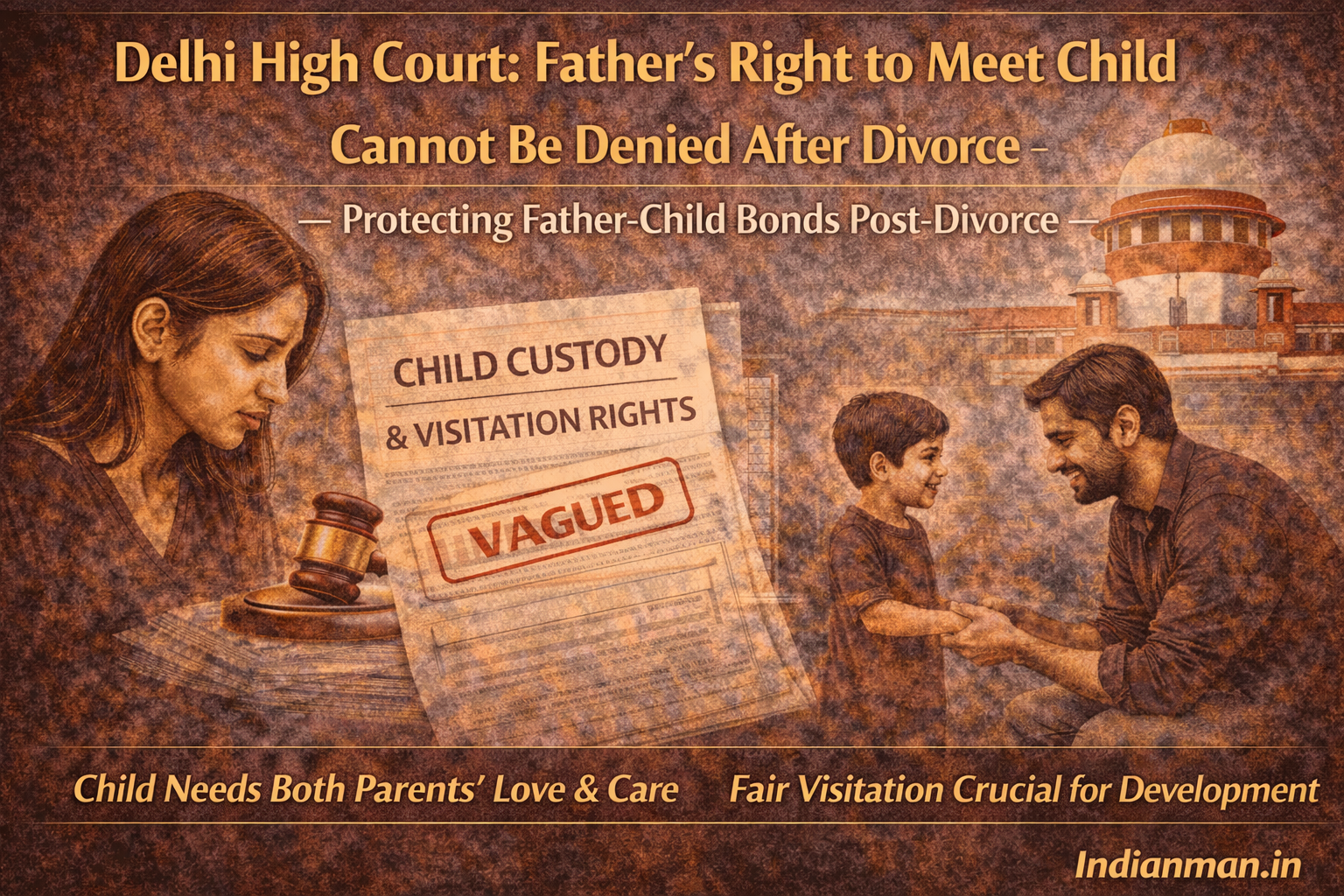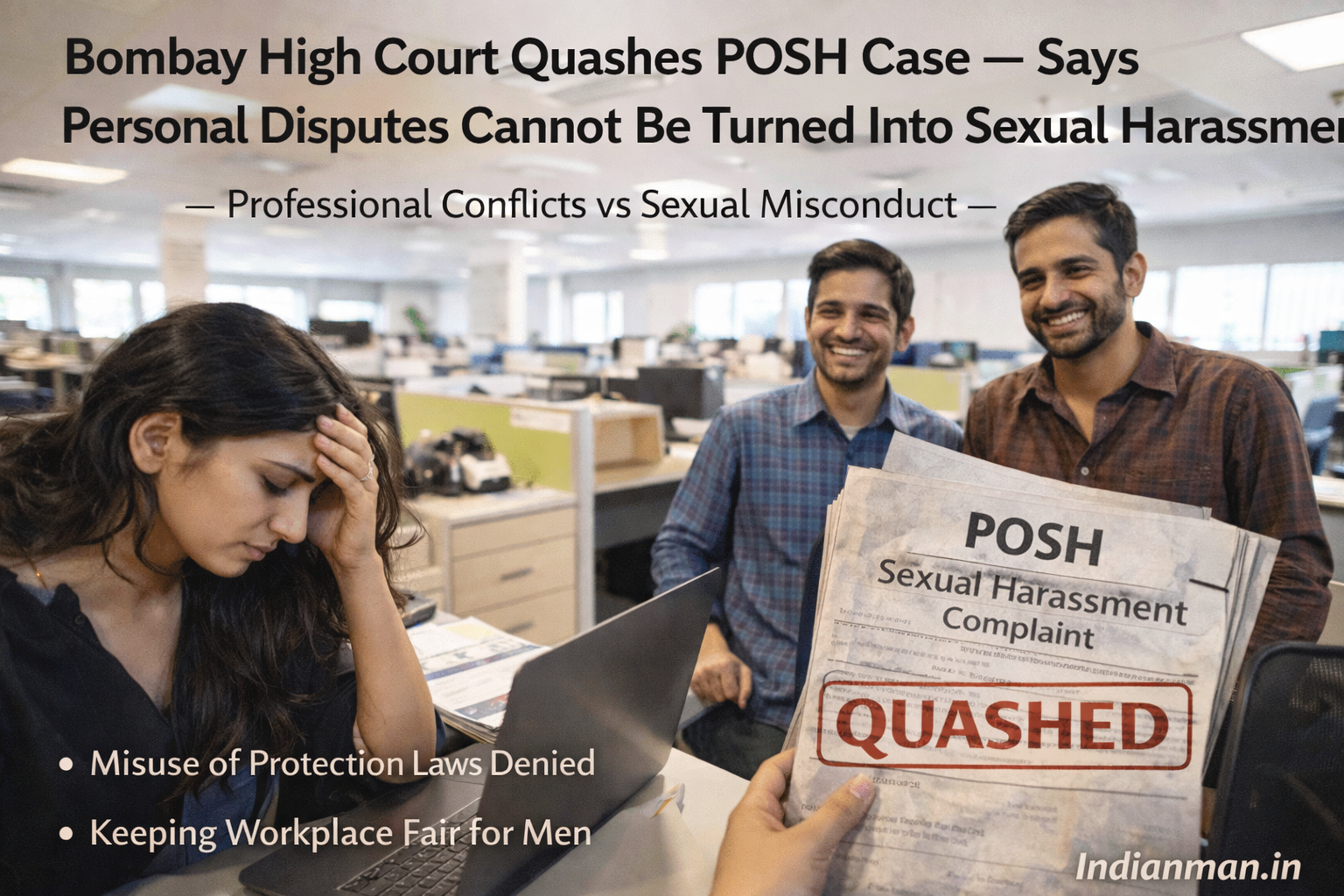The Madras High Court has reduced the sentence of two women who were found guilty of abetting the suicide of a 15-year-old girl. The Court observed that their actions were influenced by internalised misogyny and deep-rooted patriarchal conditioning.
The case dates back to August 2011, when a schoolgirl from Coimbatore set herself on fire after being verbally abused by her 19-year-old lover’s aunts. The girl and the boy were in love, and despite initial objections, the boy’s father eventually agreed to arrange their marriage.
However, the boy’s aunts strongly opposed the marriage. They allegedly stormed into the girl’s house, hurled sexually abusive remarks, and even told her to commit suicide. Deeply humiliated, the girl poured kerosene on herself and later died of her burn injuries on September 2, 2011.
The two aunts were charged under Section 305 of the Indian Penal Code (abetment of suicide of a child). A trial court sentenced them to three years in prison along with a fine of ₹2,000 each. They later appealed to the High Court.
On July 2, Justice D Bharatha Chakravarthy upheld their conviction but reduced their punishment to the jail time they had already served — 90 and 83 days, respectively. The Court increased their fine to ₹20,000 each.
Justice Chakravarthy noted that the women’s conduct reflected how patriarchal norms push women to blame other women, even when they themselves are victims of societal bias.
He remarked:
“Admonishing the girl instead of the boy, despite being from the boy’s family, shows internalised misogyny. Their behaviour stems from a male-dominated society where women unconsciously adopt the same mindset. While this led to tragic consequences, it also highlights the need for reform, not prolonged imprisonment.”
The Court further stated that since the women worked as domestic helpers and daily wage earners, extending their jail term would serve little purpose. However, it acknowledged that the proposed marriage itself would have been illegal, as the girl was a minor.
The judgment reflects both accountability for abetment and recognition of the role of societal conditioning in shaping harmful behaviour.
Be a part our social media community:
Facebook: https://www.facebook.com/IndianMan.in?mibextid=ZbWKwL
Instagram:
https://www.instagram.com/indianman.in?igsh=MWZ2N3N0ZmpwM3l3cw==




